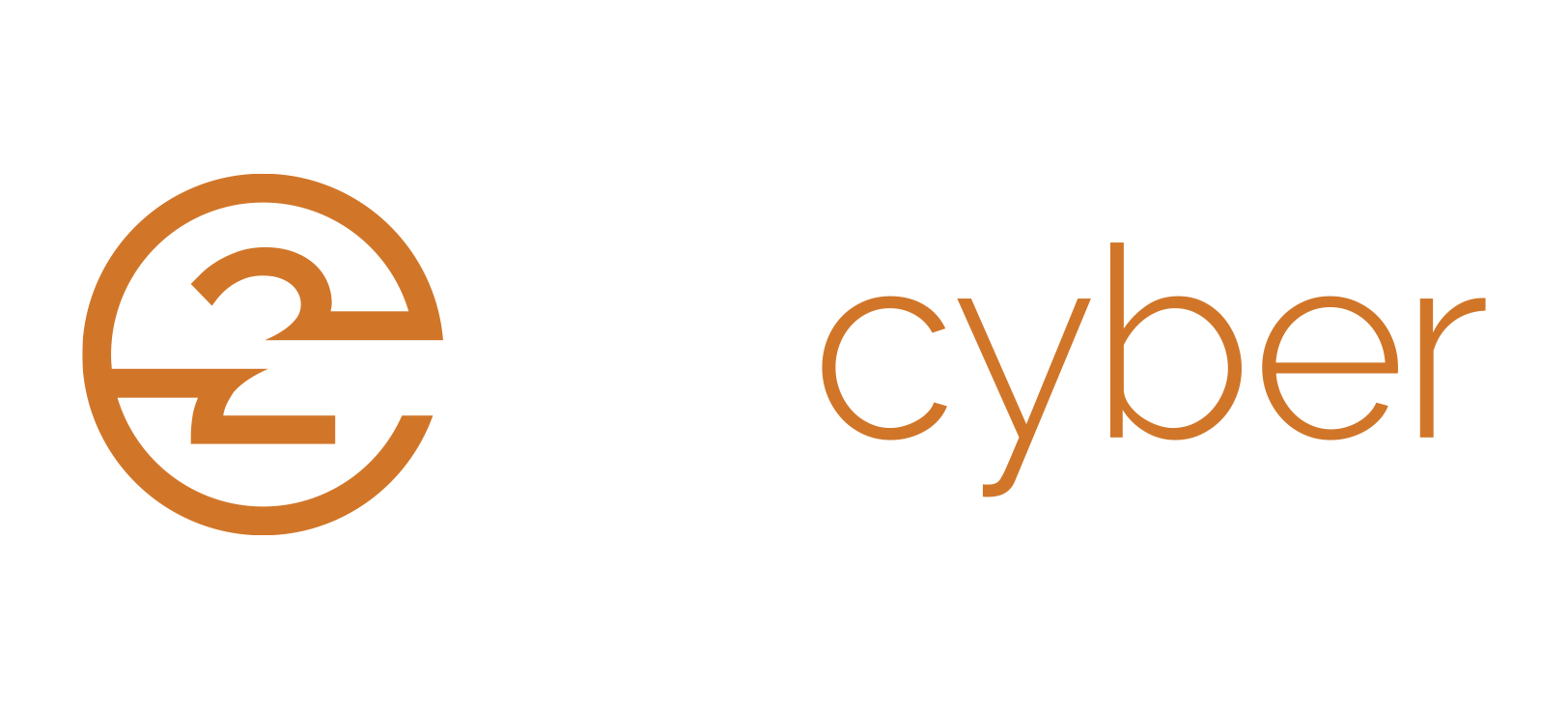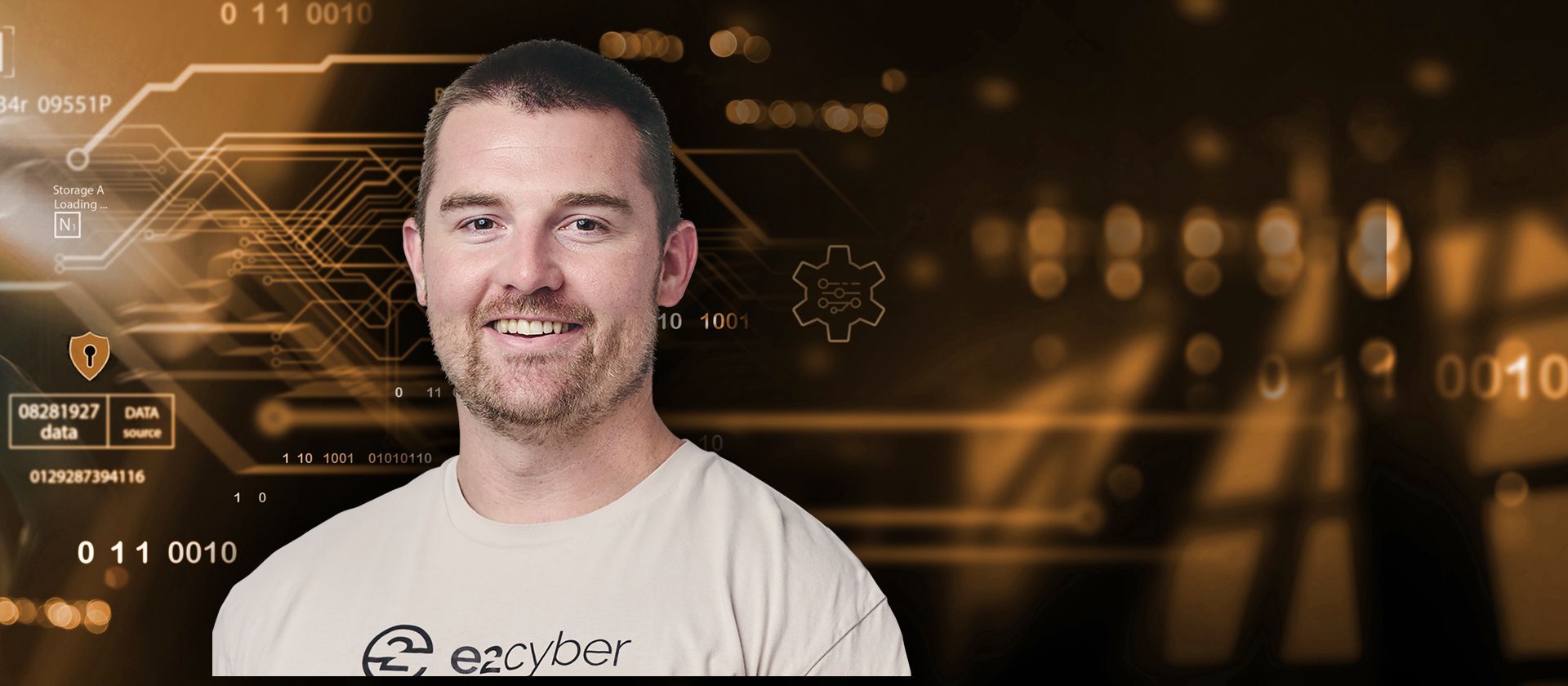
READ THE SNAPSHOT:
- Transition into a senior cyber security role requires a multifaceted approach to ensure you have the right mix of skills to lead and develop a team.
- Focus on enhancing both technical skills through specialisation and certifications, and soft skills such as leadership and communication.
- Immersing yourself in the cyber security community is essential to growing your career, not just by attending events and connecting with mentors but also by seeking regular feedback from those in your network to develop your skills and knowledge.
Level Up: How to Transition into a Senior Cyber Security Role
Making the move from a mid-level to a senior role in cyber security involves a combination of skill enhancement, practical experience, and strategic career planning. “Time on the tools’’ or longevity at an organisation does not automatically equate to a senior title. Here are some things to assist you to make the transition to that coveted senior role:
Tailor Your Technical Skills:
When you’re looking to level up to a senior role, you want to ensure your technical knowledge is thorough and you’re up to date with the latest cyber trends and technologies.
- Specialisation: Focus on a specific area within cyber security that aligns with your career goals. Broaden your knowledge in an area of cyber that you are really passionate about, to become a true SME.
- Certifications: Obtain advanced certifications such as CISSP (Certified Information Systems Security Professional), CISM (Certified Information Security Manager), or ones specifically related to your field such as AWS Certified Security for cloud security experts.
- Hands-On Experience: Engage in complex projects that require in-depth technical skills. Work on projects that align with your speciality such as implementing new security frameworks, conducting penetration testing, or developing incident response strategies.
Master the Soft Skills:
Technical knowledge alone isn’t enough to secure a senior position, soft skills are equally important. The further you venture up the ladder, stakeholder engagement will become commonplace, meaning you will be required to translate technical terms and methodologies to non-technical stakeholders across the business to outline importance and value of a project or activity.
- Communication: Learn how to communicate complex technical concepts to non-technical stakeholders in a way that can be easily digested and so the importance and value to the project or business is understood.
- Leadership: While you might not yet be in a senior role, it doesn’t mean you can’t start to take on the role of a leader. Develop your skills on the job, attend workshops or courses or share your knowledge and support junior members in your team by being a mentor. You will learn valuable lessons about guiding and leading people while enhancing the wider skills and capabilities of the team.
Gain Practical Experience
Utilise your in-house opportunities to gain practical leadership and advance skills experience by volunteering to work on additional projects or other initiatives to uplift the cyber posture of your organisation.
- Project Leadership: Put your hand up to take the lead on sections of an internal project or take the lead on the entire project. Taking on a leadership role will be a great way to showcase your abilities when it comes time to step up.
- Innovation: Propose and lead innovative projects, such as the implementation of new security technologies or the development of a security awareness program.
- Cross-Department Projects: Where appropriate, put your hand up for opportunities to support or provide guidance to other teams highlighting your ability to work effectively and collaboratively across the organisation.
Immerse Yourself in the Community
In an industry that puts a lot of emphasis on community, networking is an essential component of your cyber security career. Getting involved will not only expand your network, but will also keep you updated on latest trends and initiatives.
- Professional Associations: Get involved in local and national community events such as AWSN, AISA, ISACA and more. Volunteer to speak on a topic that you are passionate about, spread awareness via LinkedIn and social channels, letting people know that this is not just a 9-5 and that you are truly passionate about improving the cyber industry.
- Online Presence: Maintain an active presence on professional networks like LinkedIn. Share insights, participate in discussions, and connect with industry leaders.
- Mentorship: Seek out mentors for every stage of your career. Their guidance can provide valuable insights and open doors to new opportunities.
Grow & Improve With Feedback
At every stage of our careers, seeking feedback and taking this on board to improve is essential for growth and development. This is especially important when leveling up to a senior role.
- Regular Reviews: Most organisations have a formal review process in place, but this can often be just between you and your manager. Cast the net wider, seeking feedback from your colleagues or other manager to get a thorough understanding of your strengths and areas for improvement.
- Personal Development Plan: Create a personal development plan with specific, measurable goals for your career advancement. Regularly review and adjust your plan to ensure you’re on track to achieve your objectives.
Showcase Your Expertise
As you work through expanding your skills, knowledge and capabilities, it is essential to document your achievements and expertise. If you’re working on projects it’s useful to update your CV and LinkedIn profile once it has been delivered so the outcomes and achievements are fresh in your mind.
- Quantifiable Achievements: Break each role in your CV down into Duties (5 bullet points) and Achievements (3-5 bullet points) – Emphasise cost savings, revenue generated, time saved and any other relevant measurable.
- Relevant Projects: Include details of advanced projects you’ve worked on, focussing on YOUR individual duties and how it contributed to the wider project. Remember your CV is about your achievements, not that of the team.
- Continued Learning: List any recent certifications, courses, or workshops that demonstrate your commitment to continuous improvement and passion for the industry.
Whether you’re looking to be promoted in your current organisation or you’re exploring opportunities with an organisation that aligns better with your career aspirations, levelling up to a senior cyber role requires a multifaceted approach to ensure you have the right mix of skills to lead a team.
Ready to secure the skills to protect and defend your business? Or looking for your next exciting cyber role? Whether it's for long or short-term contracts or a permanent role, we are Australia's top Cyber Security recruitment agency, committed to providing the best talent and expertise to meet your needs.




